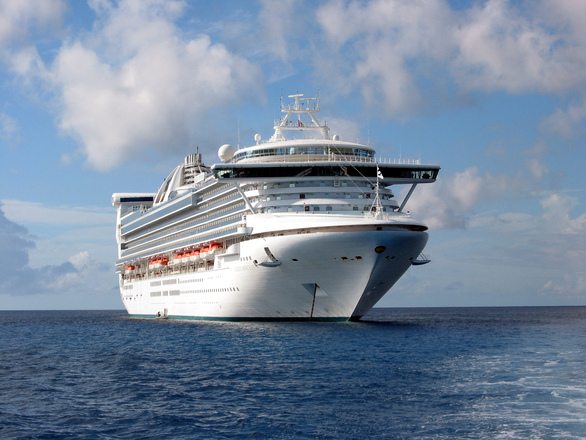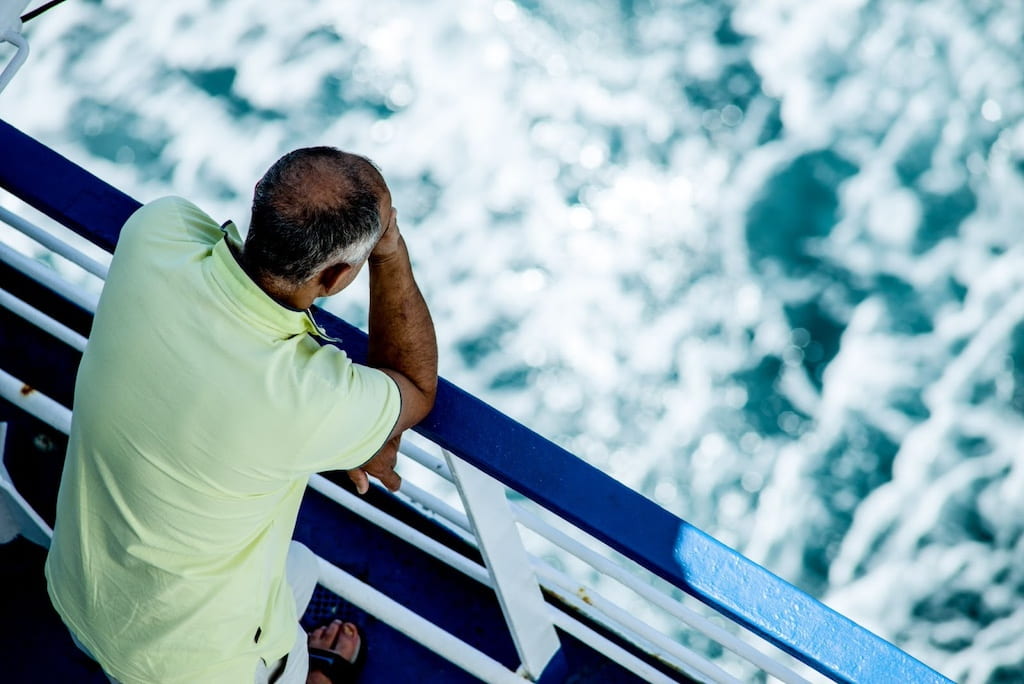
According to the National Consumers League, 5.5 million children around the world are victims of human trafficking and sex slavery. These numbers don’t begin to factor the number of women who are of age who become victims of sex trafficking crimes. The Center for Rape and Domestic Violence defines sex trafficking as the “recruitment and transportation” of people across borders “by fraud, deception, or force.” Women who have been brought into sex trafficking may become forced into prostitution, the porn industry, or be forced to work for strip clubs. These women essentially become the slaves of their captors.
In truth, anyone can be targeted by a trafficker. Plus, many victims are actually cruise passengers that venture off alone while in foreign ports. Kidnapers can easily spot tourists, which is why young women who travel alone on cruise vacations are at particular risk.
Though the threat is a very real one, there are ways that women can protect themselves when they travel on a cruise ship. One of the best ways to avoid becoming a victim is to become knowledgeable about risks and warning signs.
For instance, airports and ports are locations of increased risk. When traveling, watch out for signs that may indicate that a trafficker is present. For instance, individuals with few or no personal items, poorly-fitting clothing, or those who cannot provide details about their itineraries may be victims and may suggest that criminals are working in the area.
Before you travel, it is a good idea to register with the local U.S. embassy located in the countries you are sailing to. Let the embassy know your travel plans and the places you plan to be staying, if you decide to extend your stay on land following your cruise. This way, if something happens, officials have information about your whereabouts. Also, keep your passport in a secure location. While aboard a ship, keep passports and any other important form of identification inside your cruise cabin. If staying in the foreign country after the cruise, store these items in your hotel safe, if there is one. While exploring on land, a good idea is to keep identification documents and cards outside your wallet. If by chance you are targeted by a pickpocket and your wallet is stolen, you’ll still have your IDs, which can ensure you do not experience difficulties when trying to leave the country.
Also, it’s important to note that sex traffickers (like other criminals) often present themselves well, which means that you should always be on your guard when traveling abroad. Traffickers don’t always don conspicuous forms of clothing or look “suspicious”. They may actually be dressed nicely, look attractive, and can be some of the most charming people you may ever encounter.
Knowing this, cruisers can lower their chances of becoming victims by not providing information to strangers—such as where you’re staying or your full name. In addition, avoid walking alone at night or walking through deserted or isolated areas on a ship or on land. Also, never let anyone you don’t know that you are traveling alone, as criminals may attempt to follow you back to your cruise cabin or hotel room knowing that no one else will be present.
Another good idea is to carry a phone with you while on land or a walkie talkie while on a ship, since poor cell phone signals can prevent calls from going through. If you fear that you are being followed, contact family and friends and provide a description of any suspicious people and also contact a maritime lawyer who can help you assess the situation and give you advice on how to properly handle the situation at hand. If you are captured, any suspect description or information you have previously given may prove essential to your rescue and for bringing your captor to justice.
Read up on the countries you’ll be visiting and be aware of any alerts about known crime and rape statistics. If you must travel in dangerous countries, it might be useful to contact government agencies to learn more specific information about dangers and about ways you can protect yourself.
Finally, when traveling alone, you may be safer joining a tour group or hiring a guide. If you can’t do this, make sure that family and loved ones know where you’ll be going and when you plan to return, that way, if you do go missing, help can be found faster.
Every year countless young women and children fall victim to human traffickers. Seeking justice internationally can be challenging. Report any suspicious activity to cruise ship crew members or an attorney can help you stop a crime in the making.
Published on December 1, 2015
Categories: Cruise Ship Rape & Sexual Assault
Get Free
Consultation









